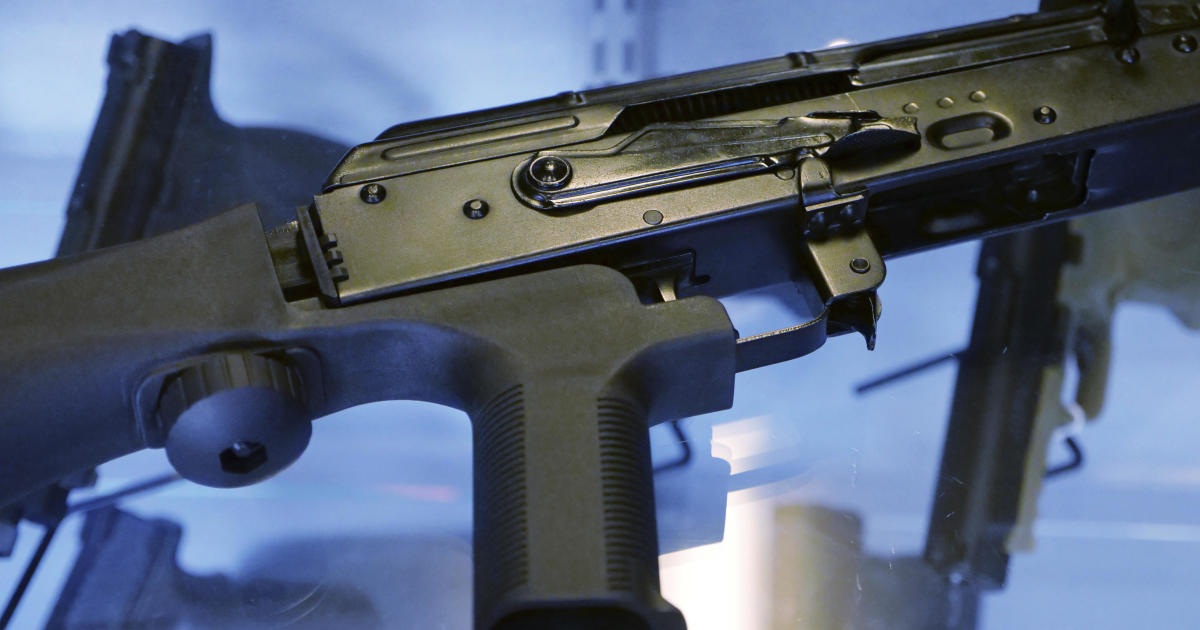Senate Democrats are making a strong push to reinstate a ban on bump stocks, an accessory that allows semi-automatic weapons to fire at a rapid pace. This comes in response to a recent Supreme Court decision that overturned the ban put in place during the Trump administration. The Senate Majority Leader, Chuck Schumer, has announced plans to bring the legislation to a vote under unanimous consent, meaning it will pass as long as no lawmaker objects.
Schumer, a Democrat from New York, has emphasized the importance of reinstating the bump stock ban, calling it a “common sense” measure that should have bipartisan support. He pointed out that Republicans were supportive of the ban when it was initially implemented by the Trump administration and urged them to continue their support in the current vote.
The Supreme Court’s decision to strike down the bump stock ban was based on the argument that the Bureau of Alcohol, Tobacco, Firearms and Explosives exceeded its authority in prohibiting the devices. The conservative justices on the court concluded that a semi-automatic rifle with a bump stock is not equivalent to a machine gun, as the trigger still needs to be released and reengaged for each shot. This distinction is crucial, as machine guns are banned under federal law for their ability to fire continuously with a single pull of the trigger.
The ban on bump stocks was put into effect in 2019 following a tragic mass shooting in Las Vegas, where a gunman used semi-automatic rifles equipped with these accessories to kill 60 people at a music festival. The Supreme Court’s decision to overturn the ban has sparked renewed calls for legislative action to address the issue.
Justice Clarence Thomas, writing for the majority opinion, argued that a bump stock does not transform a semi-automatic rifle into a machine gun, likening it to a shooter with a fast trigger finger. However, Justice Samuel Alito, in a concurring opinion, highlighted the need for Congress to amend the law to ban bump stocks in light of the Las Vegas massacre.
President Biden has also weighed in on the issue, urging Congress to pass a ban on bump stocks in response to the Supreme Court’s decision. He pledged to sign such legislation into law, emphasizing the need to prevent future tragedies and protect Americans from mass shootings.
The debate over bump stocks and their regulation continues to be a contentious issue in the ongoing gun control conversation. Advocates for stricter gun laws argue that these accessories enable shooters to inflict mass casualties in a short amount of time, while opponents contend that they do not significantly alter the functionality of semi-automatic weapons.
As the Senate prepares to vote on reinstating the bump stock ban, the outcome remains uncertain. It will be a test of bipartisan cooperation and a reflection of lawmakers’ commitment to addressing gun violence in the United States. The decision will have far-reaching implications for gun control measures and public safety, as policymakers grapple with how best to balance Second Amendment rights with the need for sensible gun regulations.









